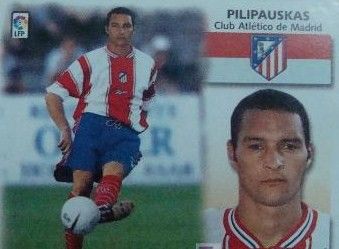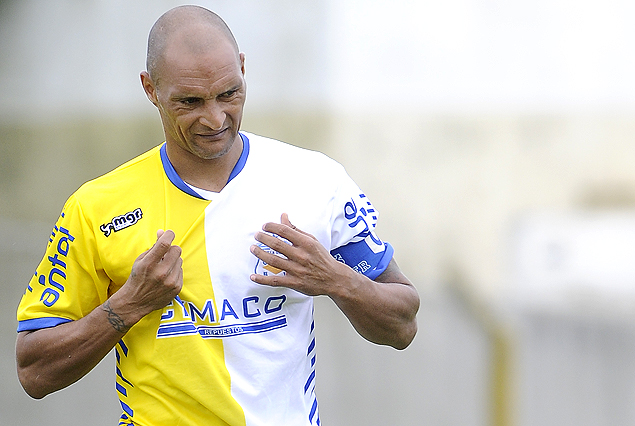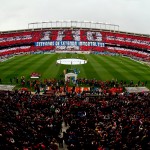Great Pufos of the Spanish League: Leonel Pilipauskas

Last update 1 March, 2014 por Alberto Llopis
If we speak of Leonel Pilipauskas, our readers who do not know or remember the subject in question, They will think that we are possibly talking about a strong basketball or handball player from some Eastern European team.. That name, They might even think that this is the dreaded head of a gang of Lithuanians or any former republic of the former Iron Curtain. The truth is that any of those things previously could not be further from reality, for it is said that player or his arrival at Atletico Madrid and to make matters worse, there is no character eastern Europe, but a guy from Uruguay. With all of you, one of the worst players in the history of Atletico Madrid.
Eduardo Leonel Pilipauskas was born in Montevideo 18 de Mayo de 1975. It was a slow defense, clumsy and short of technique that came to one of the worst in Madrid Athletics history, to which he descended to Second Year 2000. His contribution to Atletico, it was not too important, or depending on how you look as if you count their contribution to the decline, Uruguayan put his two cents. He played four games all season and interestingly Atletico lost them all, so we can say we did not know what was won with the red and white shirt.
Al final de temporada, Atletico declining zero contribution and forced his way out of the mattress club to play for Argentina and his country was surely better although it did not seem difficult seeing his poor numbers as Atletico player. The truth is that Atletico Madrid, he gathered that season that ended a few scarecrows on a descent into hell of a set that was not made for it. Leonel Pilipauskas, one of the great pufos of the Spanish League.










